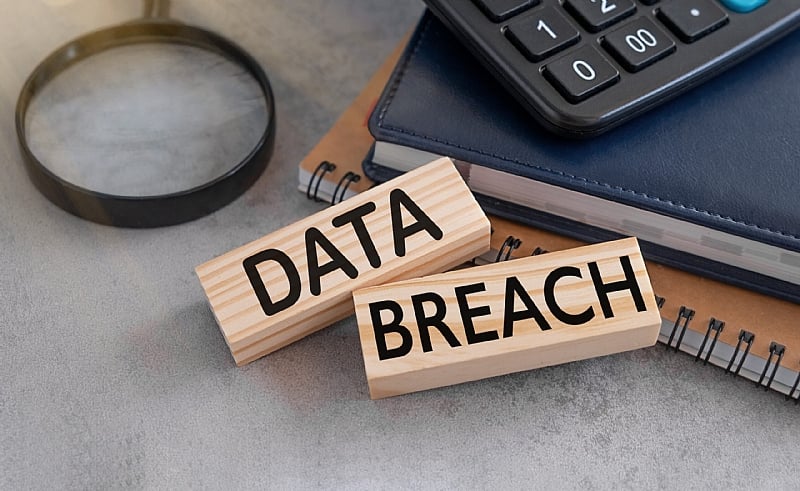In today’s fast-paced digital world, personal data has become currency. From our names and ID numbers to medical history, home addresses, private messages, and even our facial features—our lives are constantly collected, stored, and analyzed. But what happens when this intimate data falls into the wrong hands? The law may offer compensation or levy fines on a negligent data controller, but the real damage often goes far deeper—into the personal, emotional, and psychological realm of the data subject.
When privacy is breached, it’s not just a file or a number that’s been compromised—it’s a person. A human being. And for many, the harm doesn’t end when the court case is settled or when the company pays a regulatory fine. The effects of a privacy breach can haunt individuals for years—sometimes for a lifetime.
A Name Can Be Cleared, But the Shame Lingers
Consider a scenario where a hospital staff member mistakenly emails a patient’s HIV status to a colleague without authorization, and the information leaks into the public. Yes, the hospital may face administrative fines under Ghana’s Data Protection Act, 2012 (Act 843), or even civil suits. But for the individual, the violation of trust, the stigma, and the loss of dignity may never fully heal. Privacy is more than a legal right—it is a human right rooted in dignity. When it is violated, the individual doesn’t just lose control over data; they may also lose relationships, career opportunities, mental peace, or even safety.
Legal Frameworks Help—But They’re Not Enough
Data protection laws around the world, including the GDPR, CCPA, and Ghana’s own Act 843, provide strong mechanisms to ensure accountability. Data controllers are mandated to implement technical and organizational safeguards. When they fail, they can be fined, sanctioned, or sued. But here’s the painful truth: a fine cannot undo trauma. Compensation may help, but it does not erase humiliation or restore lost confidence. This is why data protection must move from checkbox compliance to values-based practice. Privacy must be seen as personal, not procedural. A breached password can be reset, but a breached identity, when posted online, may stay in digital archives forever.
The Invisible Harm
Not all harm is visible or immediate. Some victims of privacy breaches develop chronic anxiety, paranoia, or depression. Others withdraw from digital platforms, afraid of further exposure. Parents may feel powerless when their children’s photos or school records are shared without consent. Employees may fear retaliation when internal complaints are leaked.
Unfortunately, in many organizations, privacy is still treated as an IT issue or a legal box to tick. But the harm caused by breaches is a human issue. We must start framing privacy as a core value, like honesty or respect—not just a policy.
Prevention is the Highest Compensation
The only true compensation is prevention. Organizations must prioritize Privacy by Design—embedding privacy into their systems from the ground up. Data controllers should not only train their staff but also build cultures of care, where data is treated as an extension of the person it belongs to. Data Protection Officers (DPOs) must be empowered, not sidelined. They must have access to leadership and the authority to shape policies, vet vendors, and flag risks. Vendors and partners must be held to the same standard of privacy stewardship. No excuse should be tolerated when the cost of failure is a human being’s dignity.
Holding Space for Victims
Beyond financial compensation, organizations should also consider psychological support for victims of serious breaches. Just as victims of physical harm may need counseling, victims of data harm should be offered the same level of care. Public apologies, transparent reporting of breaches, and sincere efforts to regain trust go a long way. Victims need to be heard, not just compensated. They need to know that someone is accountable, and that someone cares.
Conclusion: The Weight of Privacy
When an individual’s privacy is breached, they are not just a line item in a breach report or a case study in a workshop. They are someone’s child, spouse, employee, or friend. They are human. And the cost of harming their privacy goes far beyond the financial. So the next time you handle a file, forward an email, grant access to a database, or install surveillance software—pause. Ask yourself: “Whose dignity am I holding in my hands?” Because privacy is not just about data—it’s about people. And once lost, trust is far harder to rebuild than a database. Let us protect privacy not just for compliance—but for compassion.


